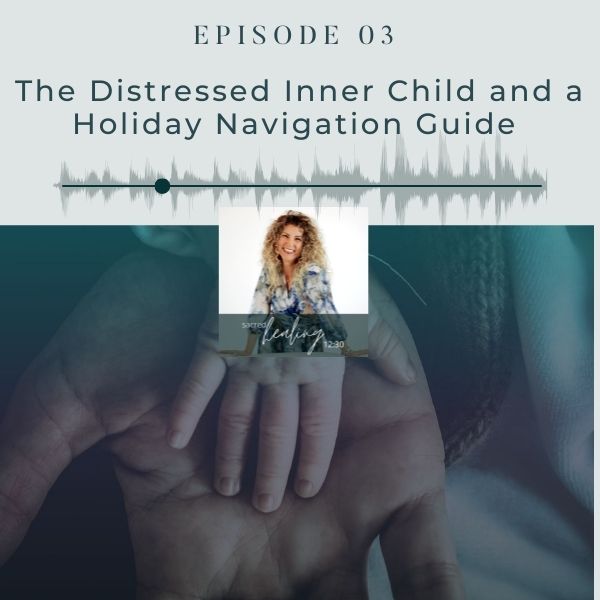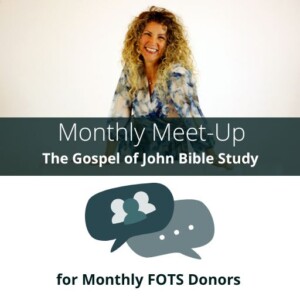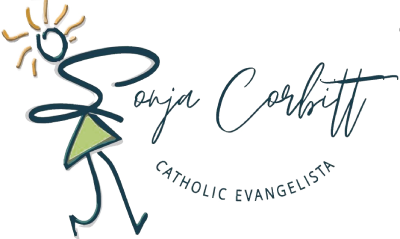
03 Ep #496 The Distressed Inner Child and a Holiday Navigation Guide
Don’t all of your issues seem to be exacerbated by the holiday season? We’re spending increased amounts of time with people and/or family who may have wounded us or still do. We may feel pressured and obligated by Great Expectations for how things “should” be. Perhaps we labor under the financial burden such expectations add; the sometimes extreme changes in environment, sleep, and schedules at work and with travel that can cause burnout; the many occasions for over-stimulation for us or our kids; the sheer amounts and types of food; stifling grief while feeling forced to put on the happy face; sibling rivalries; inferiority complexes; self-medication and addiction triggers; seasonal depression and lack of sunlight; questions and insinuations from others about “where you are” in life.
If all of that feels overwhelming to you, perhaps you can see why the holiday season causes your inner child to feel distressed and begin “acting out” in order to get your attention?
And why all the guilt for simply wanting to hibernate until the whole season is over, or needing to limit exposure to the entire bit? What if the guilt is driven by a trauma bond?
Here are six Ps for navigating the holidays and making them more peaceful and happy: Predict, Prepare, Plan, Priorities, Peace, Pivot.
Here’s the Anxiety Checklist referred to in the episode.
Abusive behavior does not always involve tangible violence. Distinctions must be made between physical violence/abuse—traditionally, the most researched and detectable form—and emotional, or psychological, abuse. Emotional abuse is any nonphysical behavior or attitude that is designed to control, subdue, punish, or isolate another person through the use of humiliation or fear (Engel, 2002). . .
.
Emotional abuse can include verbal assault, dominance, control, isolation, ridicule, or the use of intimate knowledge for degradation (Follingstad, Coyne, & Gambone, 2005). It targets the emotional and psychological well-being of the victim, and it is often a precursor to physical abuse. . .
.
Some types of physical behavior can be considered emotional abuse in that they represent physical violence (Marshall, 1996). Examples include: throwing objects, kicking a wall, shaking a finger or fist at the victim, driving recklessly while the victim is in the car, or threatening to destroy objects the victim values. Property damage is a form of emotional abuse considered “symbolic violence” (Engel, 2002) that results in serious psychological, social, and economic costs. Harm inflicted on victim’s pets can be emotionally abusive, causing suffering in both humans and animals (Faver & Strand, 2007).
Link to study, above.
Thank you with all my heart to my newest Friends of the Show, Lidia M; Carl O; Juana N; and Cheryl B (extra thank you!), for loving and lifting me! Friends of the Show get all Premium Content!

Our Monthly Meetup Bible study is tonight at 6:30 PM Central in the Community. You coming?
LOVE the Word® is a Bible study method based on Mary’s own practice: lectio without the Latin. Get the book based on Sonja’s method in the right margin, How to Pray Like Mary.
L | Listen (Receive the Word via audio or video.)
O | Observe (Connect the passage to your life and recent events.)
Where did you identify instances of abuse in your life? Have you been an abuser? Where do you need better boundaries, either as one who has been abused or as an abuser? Spend some time talking with the Holy Spirit about a peace-plan for this holiday season.
V | Verbalize (Pray about your thoughts and emotions.)
Remembering that He loves you and that you are in His presence, talk to God about the particulars of your O – Observe step. You may want to write your reflections in your LOVE the Word® journal. Or, get a free journal page and guide in the right-hand margin.
E | Entrust (Rest in the Word.)
Dearest Jesus, my love, in the words of little Therese, “For me to become great is impossible.” Help me bear with myself and my many imperfections as I seek to follow her means of getting to heaven by a little way–very short and very straight, the little way. Amen +
Love Heals. Learn More.
Connect
Join me (click here) in the Sacred Healing community for our Masterclass and Consultation Group coaching calls, healing prayer livestreams, monthly Bible studies, LOVE the Word® takeaways, a healing masterclass and other courses, a dynamic phone app, and a flourishing community to help you find help, support, and experience deeper healing.
What We Discussed | Show Notes
Overview:
Minutes 00:00-12:00 – The distressed inner child; holiday stress and Great Expectations; abuse
Minutes 12:01-24:00 – Trauma bonds: the cycle; the signs; biological process
Minutes 24:01-36:00 – Predict from the past; Prepare for the worst while hoping for the best; Plan for before and after
Minutes 36:01-48:00 – Protect in the order of Priorities; Peace is your Pivot or anchor
Transcript
Click here for a transcript of the show.



